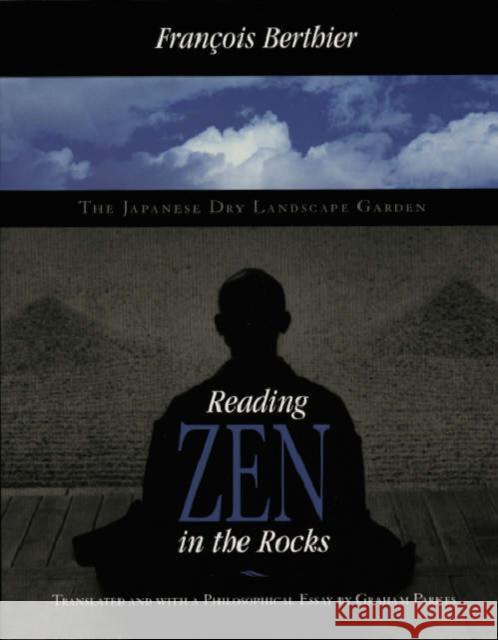Reading Zen in the Rocks: The Japanese Dry Landscape Garden » książka
topmenu
Reading Zen in the Rocks: The Japanese Dry Landscape Garden
ISBN-13: 9780226044125 / Angielski / Miękka / 2005 / 179 str.
The Japanese dry landscape garden has long attracted--and long baffled--viewers from the West. While museums across the United States are replicating these "Zen rock gardens" in their courtyards and miniature versions of the gardens are now office decorations, they remain enigmatic, their philosophical and aesthetic significance obscured. Reading Zen in the Rocks, the classic essay on the karesansui garden by French art historian Francois Berthier, has now been translated by Graham Parkes, giving English-speaking readers a concise, thorough, and beautifully illustrated history of these gardens.
Berthier's guided tour of the famous garden of Ryoanji (Temple) in Kyoto leads him into an exposition of the genre, focusing on its Chinese antecedents and affiliations with Taoist ideas and Chinese landscape painting. He traces the roles of Shinto and Zen Buddhism in the evolution of the garden and also considers how manual laborers from the lowest classes in Japan had a hand in creating some of its highest examples. Parkes contributes an equally original and substantive essay which delves into the philosophical importance of rocks and their "language of stone," delineating the difference between Chinese and Japanese rock gardens and their relationship to Buddhism. Together, the two essays compose one of the most comprehensive and elegantly written studies of this haunting garden form. Reading Zen in the Rocks is fully illustrated with photographs of all the major gardens discussed, making it a handsome addition to the library of anyone interested in gardening, Eastern philosophy, and the combination of the two that the karesansui so superbly represents. Praise for the French edition: "A small book of rare depth, remarkably illustrated, on one of the most celebrated and beautiful rock gardens of the monasteries of Kyoto."--L'Humanite "Through Le Jardin de Ryoanji, Berthier teaches us to read the zen in the rocks, to discover the language offered by the garden at Ryoanji. Enigmatic, poetic, and disconcerting, an enriching journey through a work of art of surprising modernity, Le Jardin de Ryoanji is a work that will interest all the amateurs of Japanese art and Eastern philosophy."--Lien Horticole










